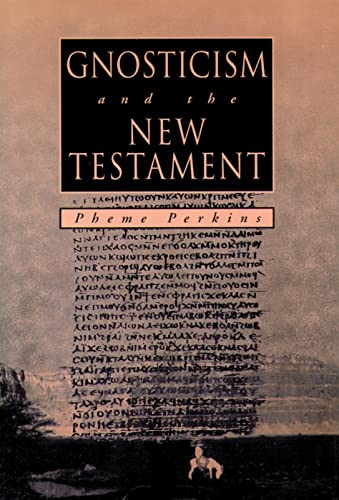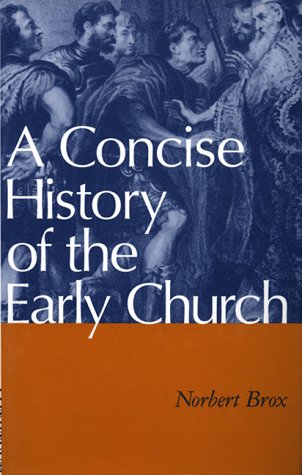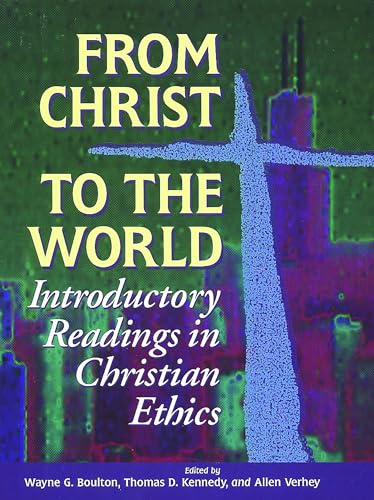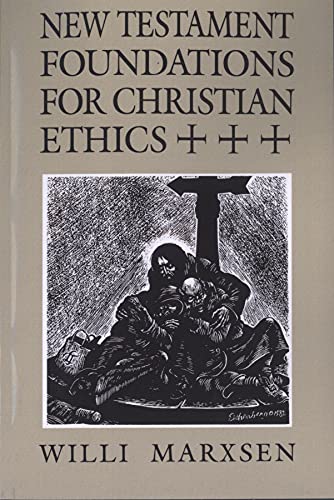Seek the Welfare of the City: Christians as Benefactors and Citizens
Written by Bruce W. Winter Reviewed By Edward AdamsThis book is the first of a six-volume series, First-Century Christians in the Graeco-Roman World, edited by Andrew D. Clarke, which aims to describe ‘the challenges, difficulties, and necessary adjustments involved in being a Christian in Graeco-Roman society’. In this contribution, Bruce Winter investigates Christians’ participation in politeia, i.e. the public life of the city.
The book is divided into two parts. The first, comprising four chapters, considers ‘Early Christians as Benefactors’. Chapter 1 deals broadly with the social ethics of 1 Peter (particularly 2:11–3:17), which, according to Winter, are concerned with the role of believers in the public place, based on the OT paradigm of the Jews in exile who were exhorted to ‘seek the welfare of the city’ (Je. 29:7). In Chapter 2, Winter argues that Romans 13:3–4 and 1 Peter 2:14–15 positively encourage wealthy Christians to make civic benefactions as part of their duty toward the larger society. Chapter 3 posits that the continued dependence of clients on their fellow-Christian patrons accounts for the problem of idleness in the Thessalonian church (1 Thes. 4:11–12; 2 Thes. 3:6–13). It is argued that Paul attempts to abolish patronage within the Christian community, except for those with genuine needs. Chapter 4 detects a similar revision of the practice of benefactions in 1 Timothy 5:3–16, here in relation to widows.
In the second part, the author discusses ‘Early Christians as Citizens’. Chapter 5, entitled ‘Civic Responsibility’, suggests that Philippians 1:27–2:18 concerns the obligations of Christians to ‘live as citizens’ (as Winter translates politeuesthe in 1:27). Chapter 6 seeks to explain why Paul in 1 Corinthians 6:1–11 prohibits Christians from taking part in an important area of politeia, civil litigation. In Chapter 7, Winter highlights the huge problem which the central place of the imperial cult in politeia created for believers. He suggests that avoidance of participation in the cult was one of the main reasons for Gentile believers in Galatia identifying socially with Jews (Gal. 6:11–18). Chapter 8 interprets the injunctions of 1 Corinthians 7:17–24 against the background of status-seeking and upward social mobility among Graeco-Roman provincials. On this analysis, Paul is prohibiting believers from the social climbing characteristic of politeia. In Chapter 9 the author argues that the ‘right’ (exousia) referred to in 1 Corinthians 8:9 was a civic privilege possessed by some Corinthian believers to dine in the temples at public feasts. Chapter 10 highlights the example of one early Christian benefactor, the Erastus of Romans 16:23 (whom Winter fairly confidently equates with Erastus the aedile known from a Corinthian inscription).
In the final chapter, Winter spells out three main conclusions which he draws from the foregoing analysis. First of all, the judgment of Wayne A. Meeks and others that the attitude of the early church toward the city was one of ‘ambivalence’ must be significantly revised. First-century Christians were rather urged positively and unequivocally to engage in politeia. Secondly, the view that the early church was drawn mainly from the lower echelons of society is no longer tenable. Thirdly, first-century believers had a distinctive view of politeia, stemming from their unique eschatological perspective on it.
For a collection of essays (four chapters have appeared before as journal articles) which are fairly wide-ranging, the volume holds together extremely well, exhibiting a good flow of argument and a strong overarching thesis. It is well written and cogently argued. A number of typographical errors, though, slightly mar the book’s appearance. That footnotes do not always appear on the same page as references to them in the text is especially irritating.
Winter’s knowledge of the classical world and his expertise in handling Graeco-Roman literature, papyri and inscriptions are highly impressive. And the application of these insights to the NT texts is most illuminating, though I do not always agree with the author’s interpretation. For instance, Paul’s prohibition of Christians taking Christians to court in 1 Corinthians 6:1–11, it seems to me, is based not on an awareness of the sharp practices which took place in the civil courts, as Winter suggests, but on the fundamental principle that intra-church squabbles ought to be settled in private before believers, not in public before unbelievers.
The study makes a significant contribution to the ongoing discussion of the place of first-century Christians in their social environment. In particular, it offers a helpful corrective to the view that early Christian communities maintained a low profile and withdrew from wider social involvement. There is a great deal to be learnt from this book. I warmly recommend it not merely to those interested in the social world of the NT, but to anyone concerned with NT social ethics in general.
Edward Adams
King’s College, London







